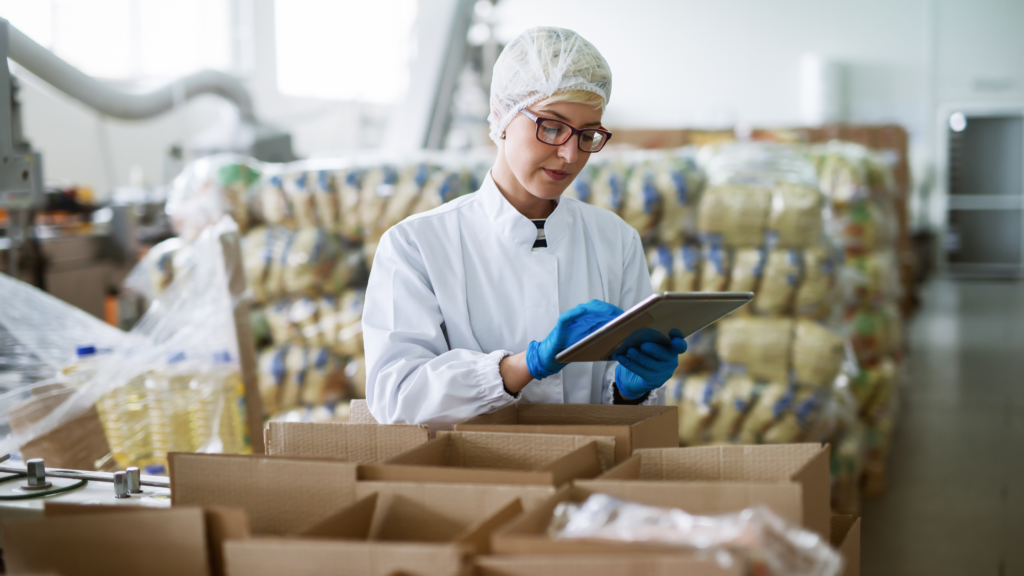What Next?
Please review the updated regulations and monitor communications from CCOF for important notifications and requests for information.
We are here to support you in taking the steps needed to be in compliance with all the requirements of SOE. Carefully review all notifications from CCOF, respond promptly,
and contact us with any questions.
